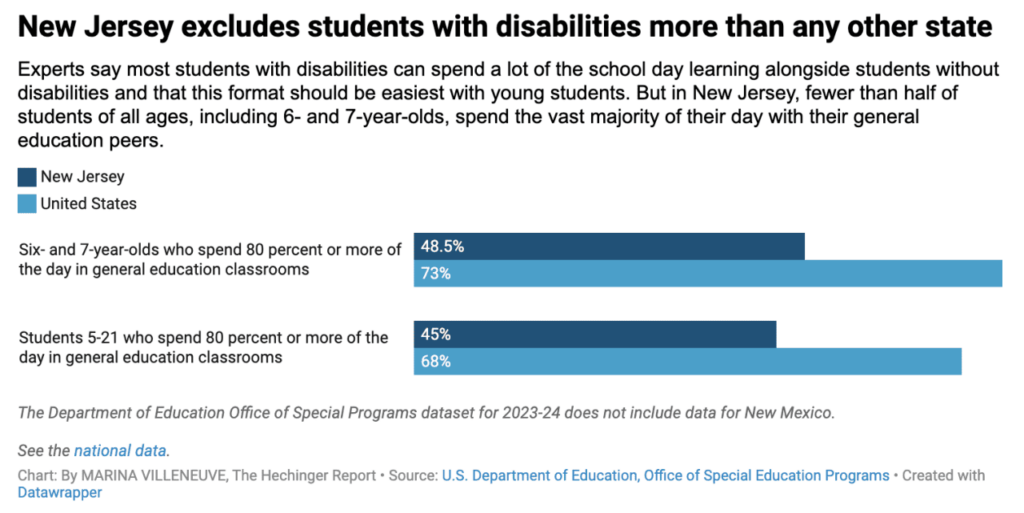How The Americans With Disabilities Act Helps Employees With Breast Cancer

Many employees fighting breast cancer struggle to balance their health and careers, and the Americans with Disabilities Act (ADA) is designed to protect them from workplace discrimination in these situations.
Under federal law, the ADA protects the rights of individuals with disabilities in the U.S., including those affected by breast cancer, BreastCancer.org reports. Because the ADA defines a disability as a mental or physical condition that substantially limits a significant life activity, breast cancer often qualifies as a protected disability, explains Monica Bryant, a cancer rights attorney and chief mission officer at Triage Cancer.
Title I of the ADA prohibits employers from discriminating against qualified employees with disabilities. It also mandates that employers provide reasonable accommodations to enable these individuals to perform their job duties effectively. Because Black women are about 40% more likely to die from breast cancer than white women—despite being diagnosed at slightly lower rates—understanding their rights under the ADA is especially critical.
The ADA protects qualified employees with breast cancer from workplace discrimination at every stage of employment, including:
- hiring and training
- job assignments
- pay and raises
- benefits and promotions
- tenure
- firing and layoffs
To be covered under the ADA, an employee must be able to perform the essential functions of their job, typically the duties outlined in the original job description, with or without reasonable accommodations. If an employee cannot meet these essential functions even with accommodations, an employer may lawfully terminate their employment or decline to hire them. However, it is illegal for an employer to fire, lay off, or otherwise discriminate against someone simply because they have breast cancer or require accommodations, even though such cases do still occur.
For employees diagnosed with breast cancer, the ADA requires employers to offer reasonable accommodations that support them in performing their work. These accommodations may include providing adaptive tools or equipment. For example, if treatment-related neuropathy makes writing or typing difficult, a voice-to-text program could be a helpful solution.
Additional accommodations might involve adjusting how, where, or when an employee with breast cancer works. For example, an employer may permit remote work to help the employee better manage symptoms during treatment. Other possible accommodations, whether on-site or while teleworking, can include a flexible schedule, extra rest breaks, or reorganizing job duties so that more demanding tasks are completed during times of higher energy.
To receive accommodations, employees must provide their employer with enough information about their medical condition to demonstrate eligibility—but they are not required to disclose their specific cancer diagnosis. An employer may request documentation from a healthcare provider confirming that the employee has a disability and outlining the need for accommodations, but the note doesn’t need to include detailed medical history.
If an employee prefers not to share their diagnosis, they can ask a non-oncologist medical provider to write the note, describing the symptoms or treatment side effects rather than identifying breast cancer as the condition. If an employee believes their employer is discriminating against them for having breast cancer or denying reasonable accommodations, their first step is to decide whether they want to keep their job or pursue legal action. They can start by discussing the issue with their supervisor or HR to see if it can be resolved internally.
If not, they may file a complaint with the Equal Employment Opportunity Commission (EEOC) within 180 days of the incident, though deadlines can vary by state. Proving discrimination can be challenging, Bryant notes, so it’s important to document all instances of unfair treatment. For legal help, employees can contact the nonprofit A Better Balance through its free legal helpline or visit LawHelp.org to find local employment law resources.
RELATED CONTENT: Tina Knowles Reveals Beyoncé & Solange Serenaded Her Before Cancer Surgery





Responses